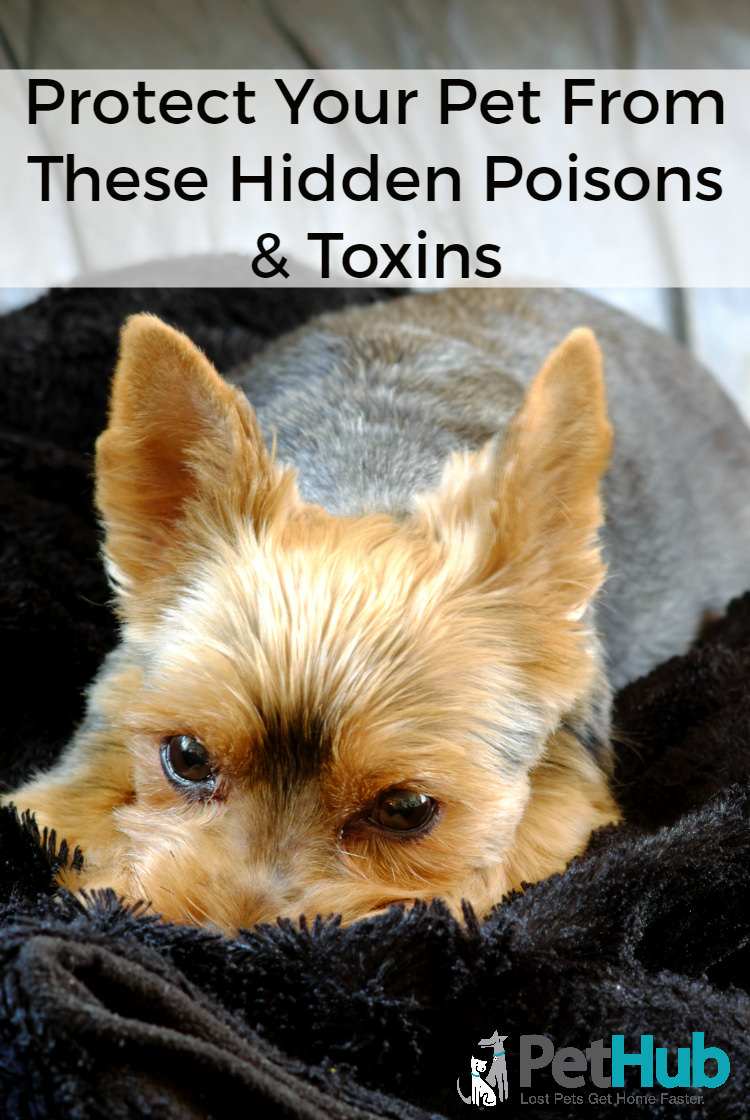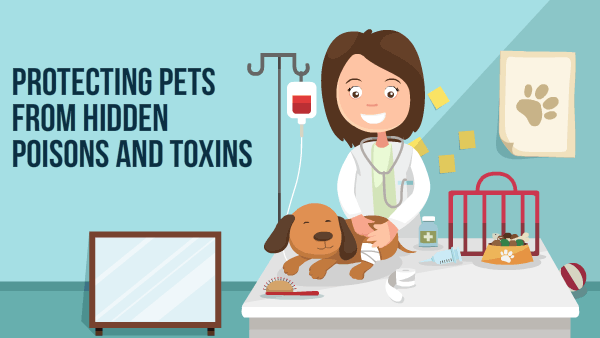
Outdoor Risks to Avoid
When the seasons change, the risk of chemical exposure can change too. Here are a few things to be mindful of as you share adventures with your pet outside or let them out in the backyard.
Antifreeze Risks for Pets
In early summer, many car owners will change their vehicle’s coolant. Automobile antifreeze, which contains Ethylene glycol, can be deadly for an animal even in very small doses. With the growing trend of DIY car owners performing this type of maintenance themselves, it puts our pets at an increased risk of exposure.
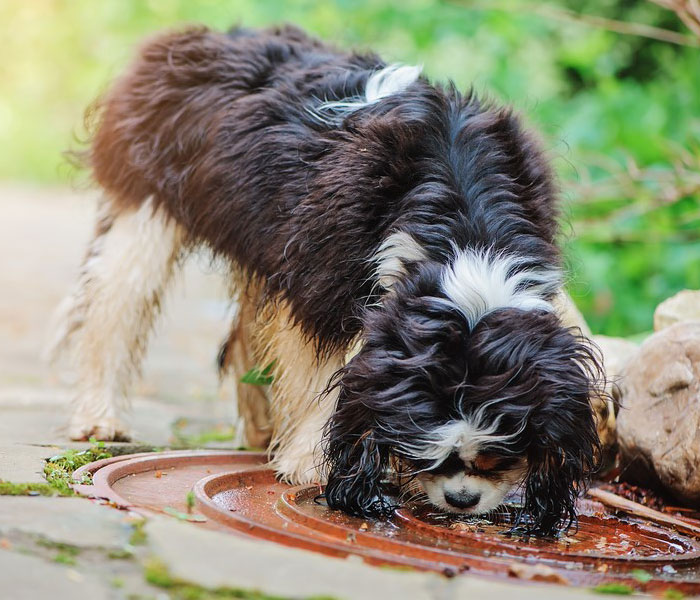
Whether it was through improper disposal or simply a small amount spilled, even a few sips of this sugary sweet substance can be deadly, so don’t let your animal drink from gutters or puddles. Be wary of other places where this liquid can be found near machinery, certain businesses, farms or other places with heavy equipment requiring coolant could be leaking onto the ground.
Poisonous Mushrooms
Fall means mushrooms in many parts of the country. Your dog may eat them when poking around in the back yard or out for a walk. In most cases, your dog may have no reaction or might only experience stomach irritation. However, some mushrooms can be deadly.
If mushrooms are common in your areas, learn how to identify which ones might be harmful to your pet. Check your back yard every couple of days and remove any questionable mushrooms. Keep an eye on your dog in your yard, or on your walk, to make sure they aren’t eating anything they shouldn’t.
Ice Melt Risks
In winter, it’s common for salt and other anti-ice chemicals to be spread on sidewalks and roadways. Prolonged contact can lead to chemical burns on your dog’s paws. Did you know that there's pet safe deicer that you can use? Local hardware stores may carry it, or you can find it online.
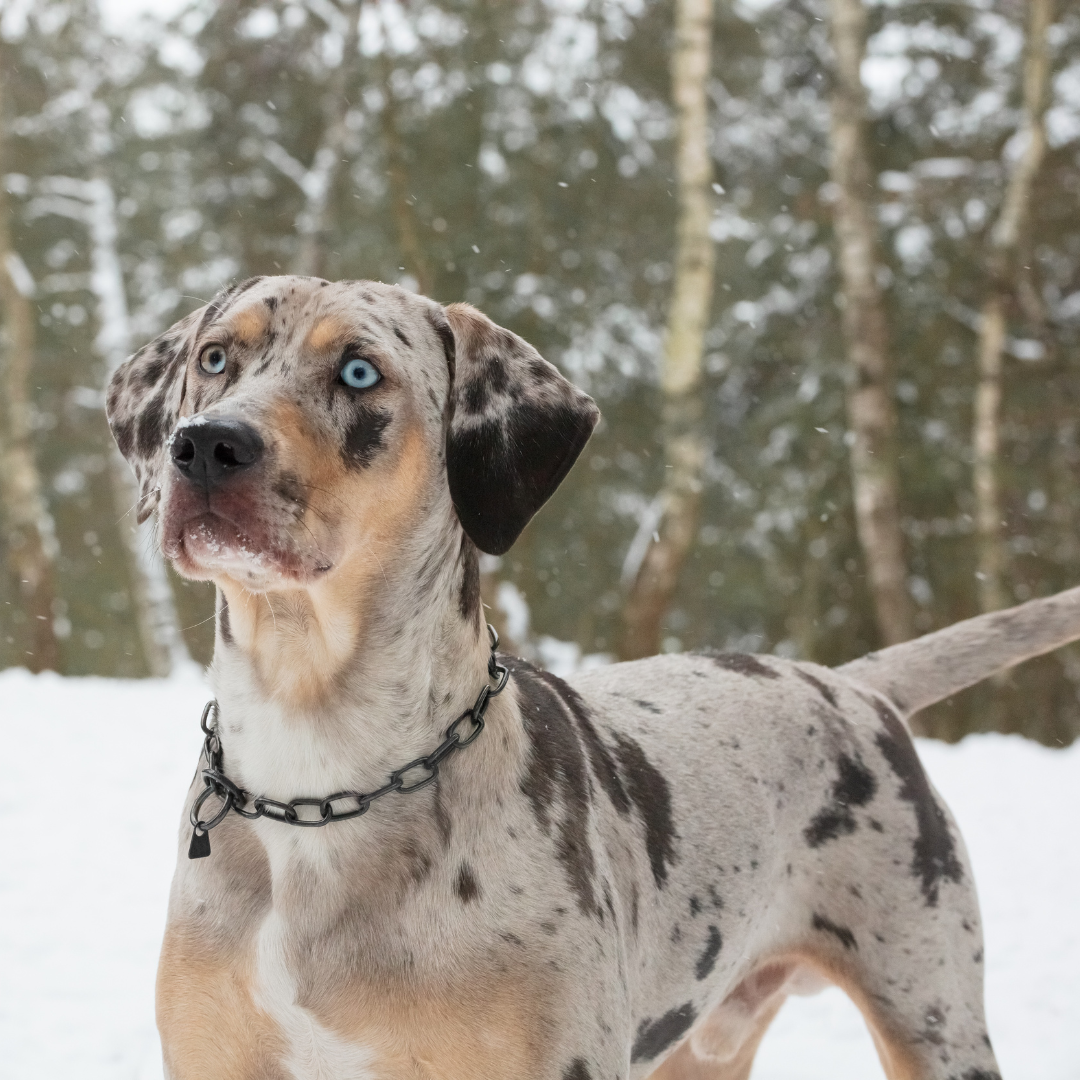
To protect your dog’s feet, you may want to use a paw wax or boot when you are out walking. Make sure to wipe your dog’s feet with a damp towel and check them for redness or irritation as soon as you walk in the door.
Also, make sure your dog does not lick the salt or deicer off their feet before you wipe it off. If your dog ingests a small amount they could start drooling and get diarrhea. If they ingest larger amounts, they could get much more sick.
Be Wary of Plants - Green is Not Always Good
Houseplants can liven up a space, promote relaxation, and help clean the indoor air. However, there’s a number of them that can cause anything from nausea to death in your pet. For example, in some cases, lilies have proven to be potentially lethal for cats.
The Humane Society of the United States offers a list of some of the most common plants that are dangerous for dogs and cats on their website. See if some of your household greenery could be putting your pets in danger and get rid of them.
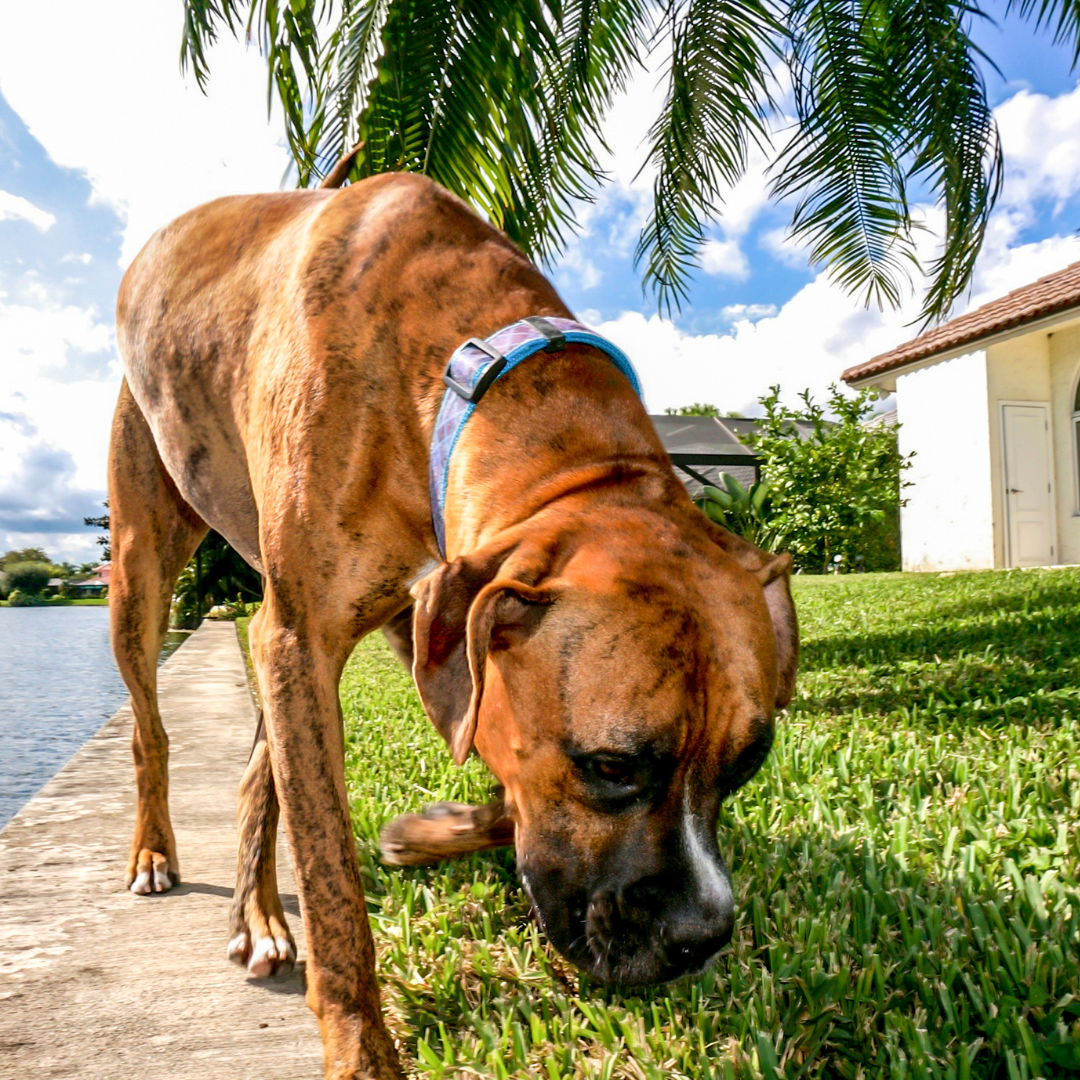
It’s best to place any potentially harmful houseplants out of your pet’s reach. If your pet loves to chew on greenery, you might want to plant some catnip, sweet oats, or peppermint for them to graze on.
Use Caution Around Other Critters
Watching a cat stalk and chase a mouse is about as stereotypical as you can get when it comes to feline behavior. But some dogs, especially terriers who have been bred to be “ratters,” can also be seen targeting rodents. Not only are our companion animals at risk for the many diseases these little pests carry, they could have been poisoned and still carry these toxins before they have taken full effect. Consuming one of these critters could cause serious illness or death to your animal.
Indoor Risks to Avoid
Medicine Cabinet Mayhem
Many poisons can be found hidden in your bathroom. For example, xylitol is a sugar substitute that can be found in some brands of toothpaste. If ingested, it causes an increase in insulin that presents a number of different problems for pets. It can be deadly even in small amounts. Think twice before you toss that mostly empty tube into the bathroom trash.
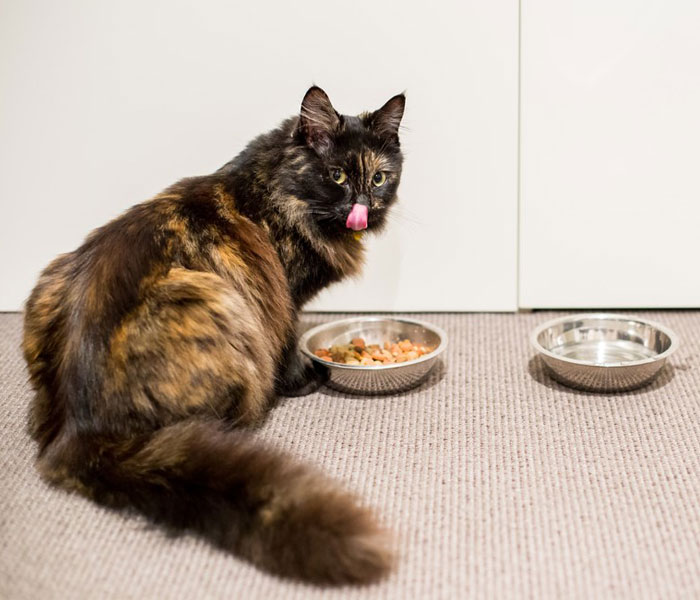
Got a headache? Be careful when taking ibuprofen (commonly found in products like Advil, Motrin and Midol) around your pet. Before you say it, I’m sure you keep medicines like these safely tucked away in your medicine cabinet, but you could unexpectedly drop one on the floor and Fido or Fluffy gobble it up before you can get it away from them.
One pill could be all it takes to cause serious problems to our pets and cats are more susceptible than dogs for damage to their stomachs, kidneys, could lead to coma or even death. If your animal has ingested any of these toxins, take them to see the veterinarian immediately. Time is of the essence during these types of emergency situations.
For more, check out the Pet Poison Helpline article Top 10 Human Medications Poisonous to Pets
As a caring, responsible pet owner make sure that you read up on pet toxins and the signs of poisoning you should look for. You never know where the bad stuff may be hiding. Being proactive can go a long way to keeping your pet safe and minimizing the damage in case an accident does happen.
Solutions to Consider
Get Insurance
The most important things to consider when protecting your pet’s health is getting pet insurance or a pet health plan. Thinking about pet insurance? Check out our pet insurance comparison tool today!
Use Telehealth
Not sure what's going on with your doggo or kitty? A quick on-demand chat with a veterinarian can help you to figure out what the best solution is for your best friend. There could be an at home solution or your critter may need a visit to the emergency vet. 24/7 unlimited access to veterinary telehealth is just one feature of The Kinship. Set up telehealth today for added peace of mind!
Use the Pet Poison Helpline
If there's an indication that your pet has ingested something toxic, time is of the essence. Calling the Pet Poison Helpline can be the difference between life and death. Make sure you have the number (855-764-7661) saved in your phone if an issue ever comes up (please note, there is a fee for using this service).
This guest post written by Amber Kingsley for PetHub. Amber is a freelance writer and BFA graduate of a liberal arts university. She loves traveling, art, photography, and music. She has a puppy named Charles ("Charlie") Xavier.



